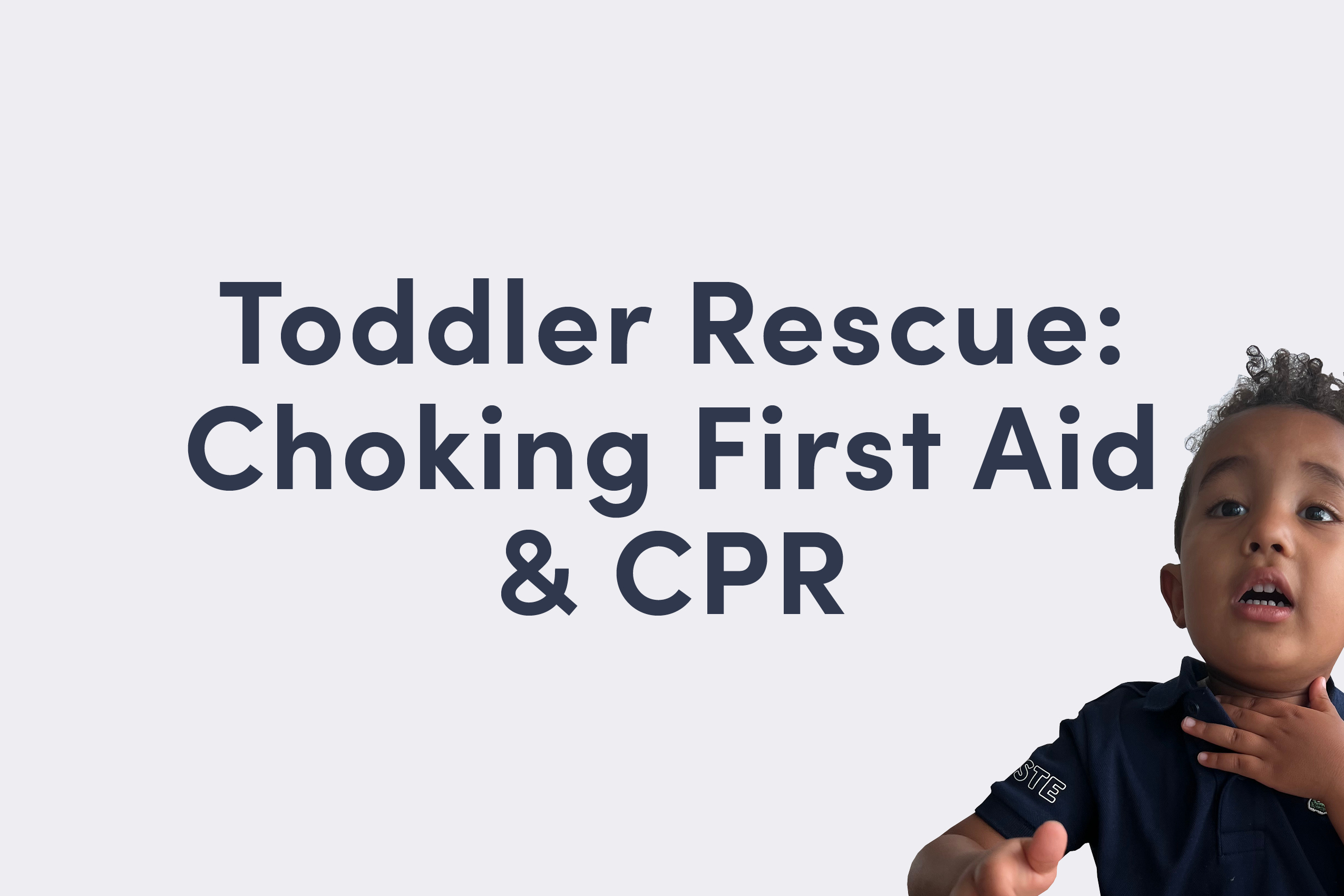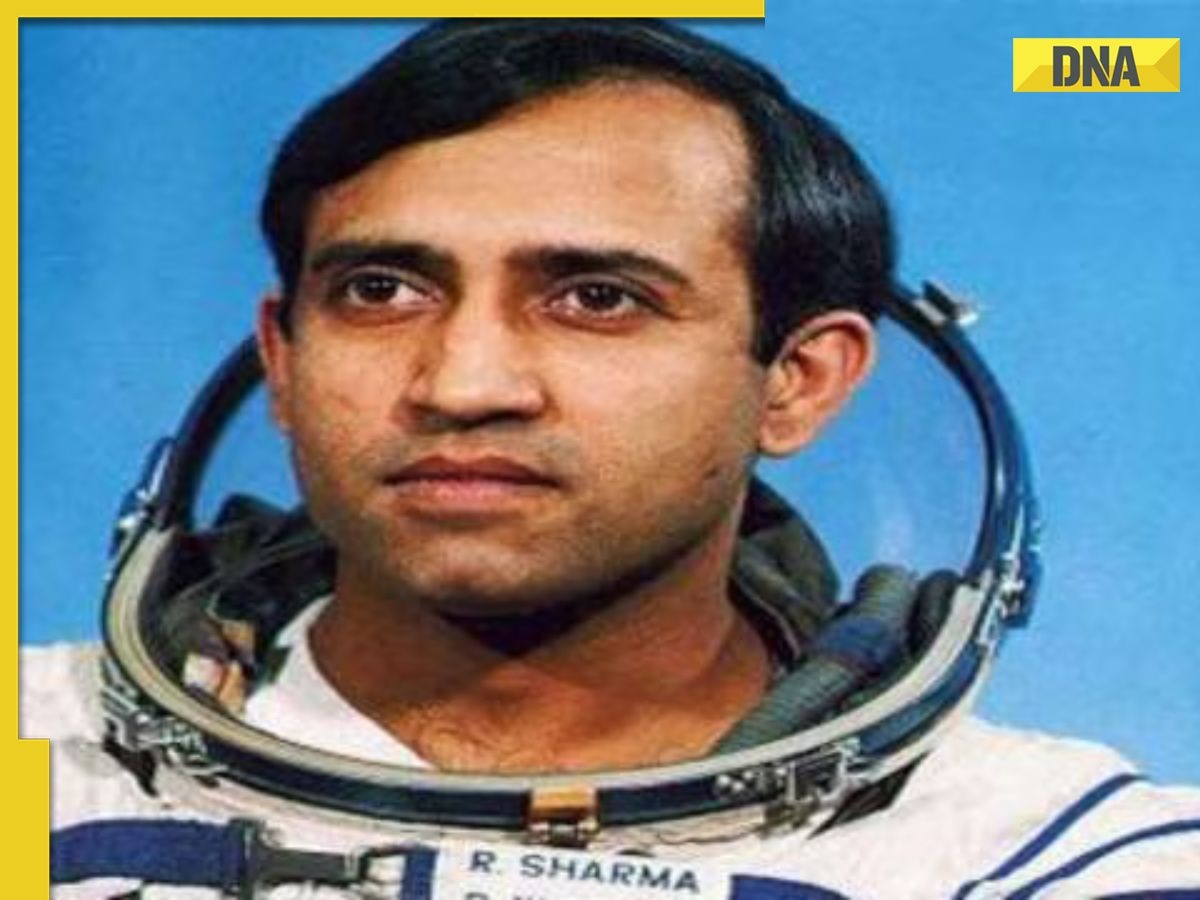Toddler Choking Emergency: Police Intervention And Bodycam Video

Table of Contents
The Prevalence and Dangers of Toddler Choking
Toddler choking is a significant public health concern. Young children, naturally curious and exploring their world through their mouths, are particularly vulnerable to choking hazards. Common causes include small objects like buttons, toys, and food particles such as grapes, hot dogs, and popcorn. The consequences can be devastating, ranging from minor airway obstruction to severe brain damage or death. Immediate intervention is crucial.
- Common choking hazards for toddlers: Small toys, coins, batteries, food (grapes, hot dogs, popcorn, nuts), balloons, and small magnets.
- Signs and symptoms of choking in toddlers: Inability to cry or make sounds, gasping for air, blue or gray skin discoloration, loss of consciousness.
- The Heimlich maneuver for toddlers: While crucial, performing the Heimlich maneuver on a toddler requires specific techniques and should only be attempted by trained individuals.
- Importance of first aid and CPR training for caregivers: Every parent and caregiver should be equipped with the knowledge and skills to respond effectively to a choking emergency.
Police Response in Toddler Choking Emergencies
Law enforcement officers often find themselves as first responders in life-threatening situations, including toddler choking emergencies. This can occur when emergency medical services (EMS) are delayed or unreachable. Police intervention in such cases presents both potential benefits and challenges.
- Situations where police are likely to be first responders: Remote locations, delayed EMS response, incidents occurring in public spaces.
- The training and equipment police officers may possess: Some departments provide officers with basic first aid and CPR training, including techniques for managing airway obstructions. They might also carry equipment such as automated external defibrillators (AEDs).
- Potential limitations of police intervention in medical emergencies: Police officers are primarily trained in law enforcement, not emergency medicine. Their actions must be carefully considered to avoid causing further harm.
- Ethical considerations and the need for proper training: Police intervention in medical emergencies raises ethical questions about the scope of their authority and the potential for liability. Thorough training is crucial to ensure their actions are both appropriate and effective.
Bodycam Footage Analysis: Case Studies and Insights
Bodycam footage offers a unique perspective on police responses to critical incidents. Analyzing these recordings allows for objective evaluation of officer performance, identification of best practices, and areas requiring improvement in training protocols. While specific cases require careful consideration of privacy concerns, general observations can be made.
- Examples of effective police response in similar emergencies: While specific examples require careful anonymization to protect privacy, research into police responses to medical emergencies highlights the importance of swift action and appropriate techniques.
- Analysis of the actions taken by officers: Reviewing bodycam footage can reveal the speed of response, the techniques employed, and the overall effectiveness of the intervention.
- Identification of best practices and areas needing improvement in police training: Analyzing multiple cases can identify common patterns of success and failure, informing the development of improved training programs for officers.
- The impact of bodycam footage on police accountability and training: Bodycam footage serves as a valuable tool for both accountability and continuous improvement in police training.
Legal and Ethical Considerations
The legal and ethical implications of police involvement in medical emergencies are complex. Officers must act within the bounds of the law while respecting individuals' rights. The use of bodycam footage raises important questions regarding privacy and data protection.
- Legal frameworks surrounding police intervention in medical emergencies: Laws vary by jurisdiction, but generally, officers have a duty to act reasonably in emergency situations.
- Ethical considerations related to privacy and data protection in using bodycam footage: Strict protocols are essential to ensure the ethical and legal handling of sensitive information captured on bodycams.
- Potential legal liabilities for police officers: Officers may face legal consequences for actions deemed negligent or inappropriate during medical interventions.
Conclusion
Prompt response is vital in a toddler choking emergency. Police intervention, while not a replacement for professional medical care, can play a crucial role, particularly in situations with delayed EMS response. Bodycam footage provides invaluable insight into these critical events, facilitating improvements in training and accountability. The analysis of these videos allows for the identification of best practices and areas where improvements are needed in police response to medical emergencies.
Call to Action: Learn CPR and first aid. These life-saving skills can be the difference between life and death in a toddler choking emergency. Seek out local resources for training and certification. Contact your local law enforcement agency to inquire about their training protocols for medical emergencies and how they collaborate with EMS. Being prepared is vital in preventing tragic outcomes from a toddler choking emergency.

Featured Posts
-
 Elon Musk Net Worth Dips Under 300 Billion Analysis Of Recent Market Downturn
May 09, 2025
Elon Musk Net Worth Dips Under 300 Billion Analysis Of Recent Market Downturn
May 09, 2025 -
 Rakesh Sharma Tracing The Path Of Indias First Man In Space
May 09, 2025
Rakesh Sharma Tracing The Path Of Indias First Man In Space
May 09, 2025 -
 Madeleine Mc Cann Case New Dna Evidence And A 23 Year Old Womans Claim
May 09, 2025
Madeleine Mc Cann Case New Dna Evidence And A 23 Year Old Womans Claim
May 09, 2025 -
 February 23rd Nyt Strands Puzzle Solutions Game 357
May 09, 2025
February 23rd Nyt Strands Puzzle Solutions Game 357
May 09, 2025 -
 Stock Market Update Sensex Nifty Surge Adani Ports Eternals Performance
May 09, 2025
Stock Market Update Sensex Nifty Surge Adani Ports Eternals Performance
May 09, 2025
